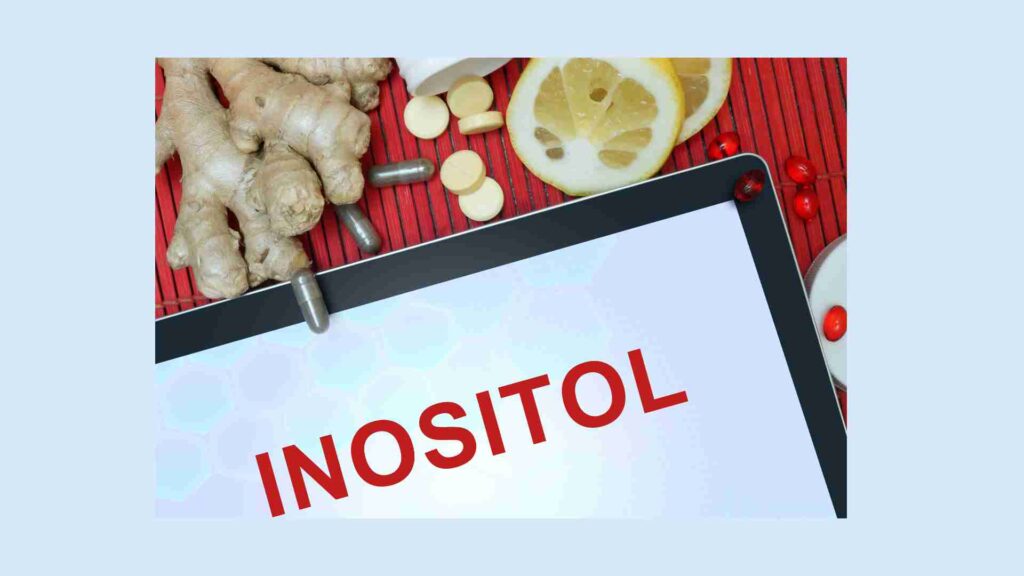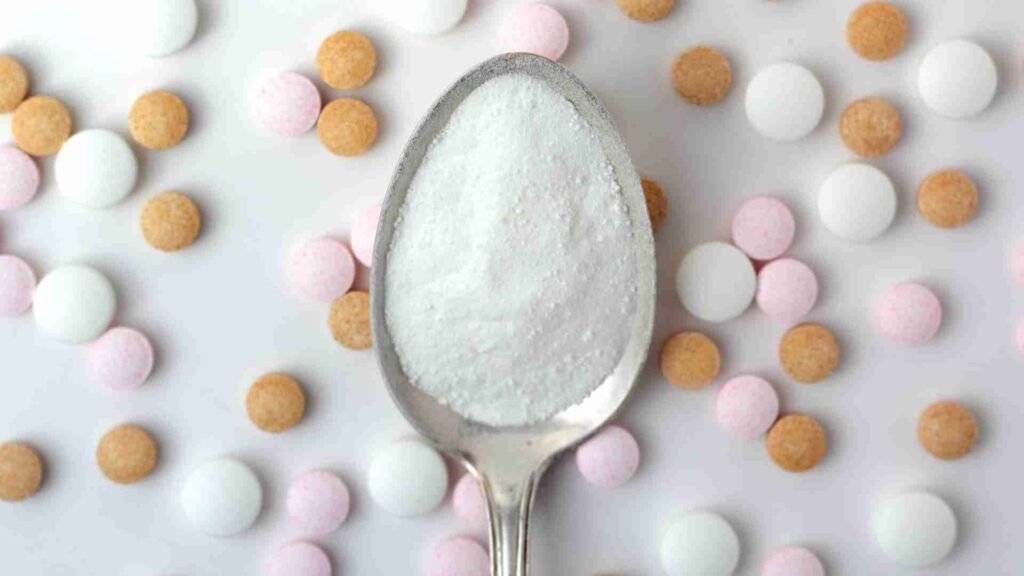Discover comprehensive information for all aspects of sexual health and find resources and guidance to empower your sexual well-being.
Prostate health is a critical concern for men, especially as they age. The prostate gland…
Discover comprehensive information for all aspects of sexual health and find resources and guidance to empower your sexual well-being.
Prostate health is a critical concern for men, especially as they age. The prostate gland…
Erectile dysfunction (ED) is a condition that affects many men worldwide, leading to significant stress,…
Achieving and maintaining a strong penile erection is a common concern for many men. It…
Erectile dysfunction (ED) is a condition that many men face at some point in their…
Sleep-related painful erection (SRPE) is a rare condition where people get painful erections while they’re…
The pelvic floor muscles are the unsung heroes of our body’s core, providing support to…
Commitment issues can often manifest in romantic relationships, work, and other personal or professional spheres.…
Myo-inositol is the supplemental name of Inositol.
Inositol, found in your body, in some foods, and as a supplement, plays a crucial role in the development and growth of cells. Research indicates that inositol may offer numerous potential health benefits, and people utilize it for various health conditions, including metabolic syndrome and polycystic ovary syndrome (PCOS).
Table of Contents
ToggleInositol is a naturally occurring form of sugar produced by your body to support the structure of cells. It is also present in various foods such as meat, fruits, corn, beans, grains, and legumes. While the average American diet includes about 1 gram of inositol daily, research suggests that supplementing with inositol may offer numerous health benefits.

Although often referred to as vitamin B8, inositol is not technically a vitamin. Nevertheless, research indicates that it serves several essential functions. Apart from its role in cell membrane development, inositol may impact insulin and certain neurotransmitters in the brain. This influence could potentially affect your body’s ability to manage conditions related to both metabolic and mental health.
As a supplement, inositol is commonly known by three main forms:
These different forms of inositol may have distinct roles and effects in the body, and individuals may choose a specific form of inositol based on their health goals and conditions.
Inositol is essential for the functioning and development of your cells. While ongoing research explores its various health benefits, people actively use inositol for reasons such as:

Inositol supplements like myo-inositol are widely utilized for various health conditions, and research has indicated its potential benefits in the following areas:
Inositol supplementation may assist in managing risk factors associated with metabolic syndrome, such as excess abdominal fat, high triglyceride levels, low HDL cholesterol levels, high blood pressure, and elevated blood sugar. Preliminary studies suggest potential improvements in blood pressure, triglycerides, cholesterol, and blood sugar levels.
For individuals with PCOS, inositol supplementation, particularly when combined with folic acid, may alleviate symptoms like irregular periods, infertility, acne, weight gain, and excess hair growth. Research indicates potential improvements in blood sugar, blood pressure, and triglyceride levels, as well as increased ovulation and pregnancy rates.
Related: Effect of Exercise on PCOS
In pregnant individuals, taking an inositol supplement with folic acid may help prevent gestational diabetes and reduce the risk of preterm birth. Gestational diabetes poses complications during pregnancy and elevates the risk of preterm delivery.
Some studies suggest that individuals with depression may have low levels of inositol in their brains. Inositol supplementation might help balance key hormones in the brain, including serotonin and dopamine, potentially improving depressive symptoms. However, more research is needed.
Limited research suggests that inositol supplementation may reduce the frequency and severity of panic attacks in individuals with panic disorder. It is essential to consult with healthcare providers and not discontinue prescribed medications.
Adding an inositol supplement to prescribed treatments may potentially reduce symptoms of bipolar disorder, as suggested by limited studies. Consulting with healthcare providers before starting such a supplement is crucial.
In addition to these conditions, inositol is used for various other health issues, although scientific evidence supporting its efficacy is less substantial. These conditions include insomnia, post-traumatic stress disorder (PTSD), acute respiratory distress syndrome (ARDS), type 2 diabetes, obsessive-compulsive disorder (OCD), and attention-deficit/hyperactivity disorder (ADHD). It is important to note that further research is needed to establish the effectiveness of inositol for these purposes, and individuals should consult with healthcare providers before initiating supplementation.
Healthcare providers typically deem inositol safe when taken in low doses for up to 10 weeks. However, it is crucial not to discontinue medications prescribed by your provider without consulting them first. In many instances, inositol supplements may be incorporated into treatment plans, but they are not meant to replace prescribed medications.
While taking the inositol supplement, you may encounter some mild side effects, such as:
If you experience any of these side effects or have concerns about your treatment plan, it is essential to communicate with your healthcare provider for guidance and adjustments.
Inositol, crucial for the growth and development of your cells, is a form of sugar your body requires. However, research indicates that supplementing with inositol may offer numerous additional health benefits. In the treatment of various metabolic and mental health conditions, inositol shows promise, although further research is necessary. When taken at low doses, the supplement appears to be safe, causing only very mild side effects. It is important to always consult with your healthcare provider about the use of any vitamins and supplements.
References
Dr. Nishtha, a medical doctor holding both an MBBS and an MD in Biochemistry, possesses a profound passion for nutrition and wellness. Her personal journey, marked by significant struggles with physical and mental health, has endowed her with a unique empathy and insight into the challenges countless individuals face. Driven by her own experiences, she leverages her background to offer practical, evidence-backed guidance, empowering others on their paths to achieving holistic well-being. Dr. Nishtha truly believes in the interconnectedness of the mind and body. She emphasizes the significance of understanding this connection as a crucial stride toward attaining balance and happiness in life.

